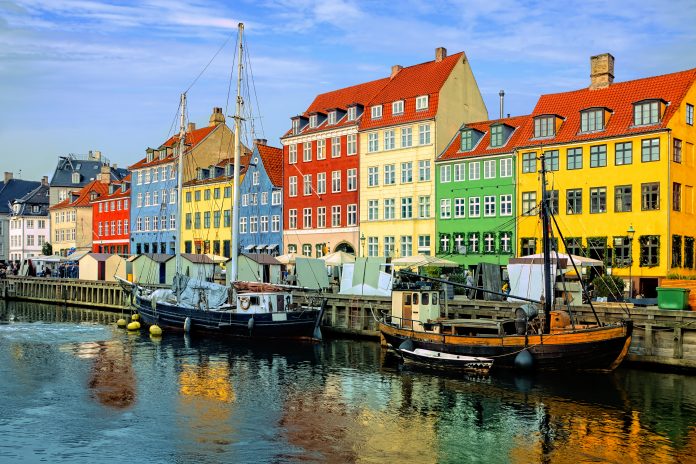Here, we take a look at education and lifelong learning issues in Denmark, including the priorities of Minister of Children and Education, Pernille Rosenkrantz-Theil
You learn something new every day.” While this is a well-known phrase coined by American philosopher Ralph Waldo Emerson, it rings particularly true in Denmark, where it is put into practice through the tradition of taking part in education through all phases of life. However, it is clear that lifelong learning is much more than just a tradition. The Government has launched extensive educational reforms that will contribute to securing continued growth and welfare in Denmark in the years to come. These reforms are to ensure higher quality and better coherence in educational efforts – from pre-school class to higher education and in adult education and continuing training.
Adult education
As most people participate in education in Denmark, how does continued adult education take shape? Ideas such as continuous training, on-the-job competence development, and liberal adult education activities in their leisure time, with both public and private investments in the development of new qualifications and competences, are among the highest in Europe. A highly qualified and well-educated workforce plays a decisive role in the global knowledge economy and is the key to Denmark’s development as a leading knowledge society. Minister of Children and Education, Pernille Rosenkrantz-Theil, who was appointed as such on June 27, 2019 believes that all – national, regional and local players – are to become engaged in and accept co-responsibility for the widespread embedding of the strategy in Danish society.
This tradition starts early, with the government’s aim being that the education system, from pre-school to higher education, ensures that all young people receive a high-quality education and a solid foundation for engaging in lifelong education. In order to do this, they take certain measures to ensure engagement. Language assessment for all children at the age of three and again at the age of six when they start pre-school. Children will then throughout the activities in the first year of compulsory school reach linguistic, mathematical and scientific competencies. Young children will also be introduced to physical exercises and activities, art and music as a way to express themselves and develop engagement and a sense of community. There is also a particular focus on a playful approach to learning. These measures Prepare young children for further learning and education.
Strategy for lifelong learning
The overall strategy for lifelong learning includes the following objectives, among many others:
- A coherent education system from pre-school to higher education must provide the opportunity for everyone to acquire excellent basic skills, a qualifying education and a solid foundation for lifelong learning. There must be equal opportunities and room for all.
- The education programmes must be world-class. The education system is to foster talent and be more accommodating to weak learners.
- There must be relevant, high-quality adult education and continuing training for everyone in the labour market which matches the needs and puts particular emphasis on the need for lifelong skills upgrading for those with the lowest level of education.
- Systematic competence development in the workplace should be strengthened in both public and private enterprises.
- Opportunities for guidance and counselling must be improved and help ensure the best possible conditions for pupils, students and adults to choose education programmes and to participate in lifelong learning.
- Coherent education paths and transparency in the education system are to contribute to targeted education and lifelong skills upgrading and facilitate the best possible use of public resources.
- A global perspective must be included in all education programmes contributing to strengthening internationalisation and cooperation with the world around us.
This vital global perspective places the upmost importance on the learning of foreign languages. The significance of language learning is supported by Denmark’s Erasmus+ programme, which was launched in 2014 in order to support internationalisation within the fields of Education, Youth and Sport to stimulate lifelong learning through formal and informal learning. The beneficiary higher education institution stated, “It is my general experience, from what I have been told by the students who return from an Erasmus+ stay, that they grow both professionally and personally, and they return with valuable lessons – for their further studies and future career.”1
1 https://www.uvm.dk/publikationer/engelsksprogede/2017-midterm-evaluation-of-erasmus
Open Access Government











